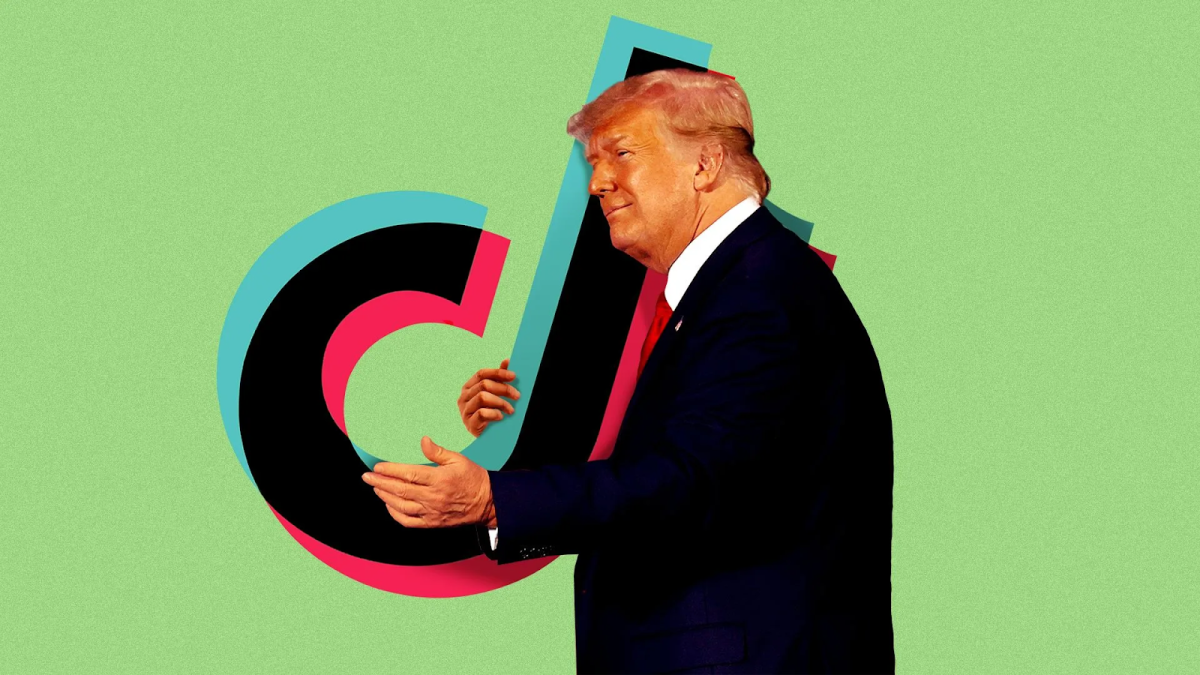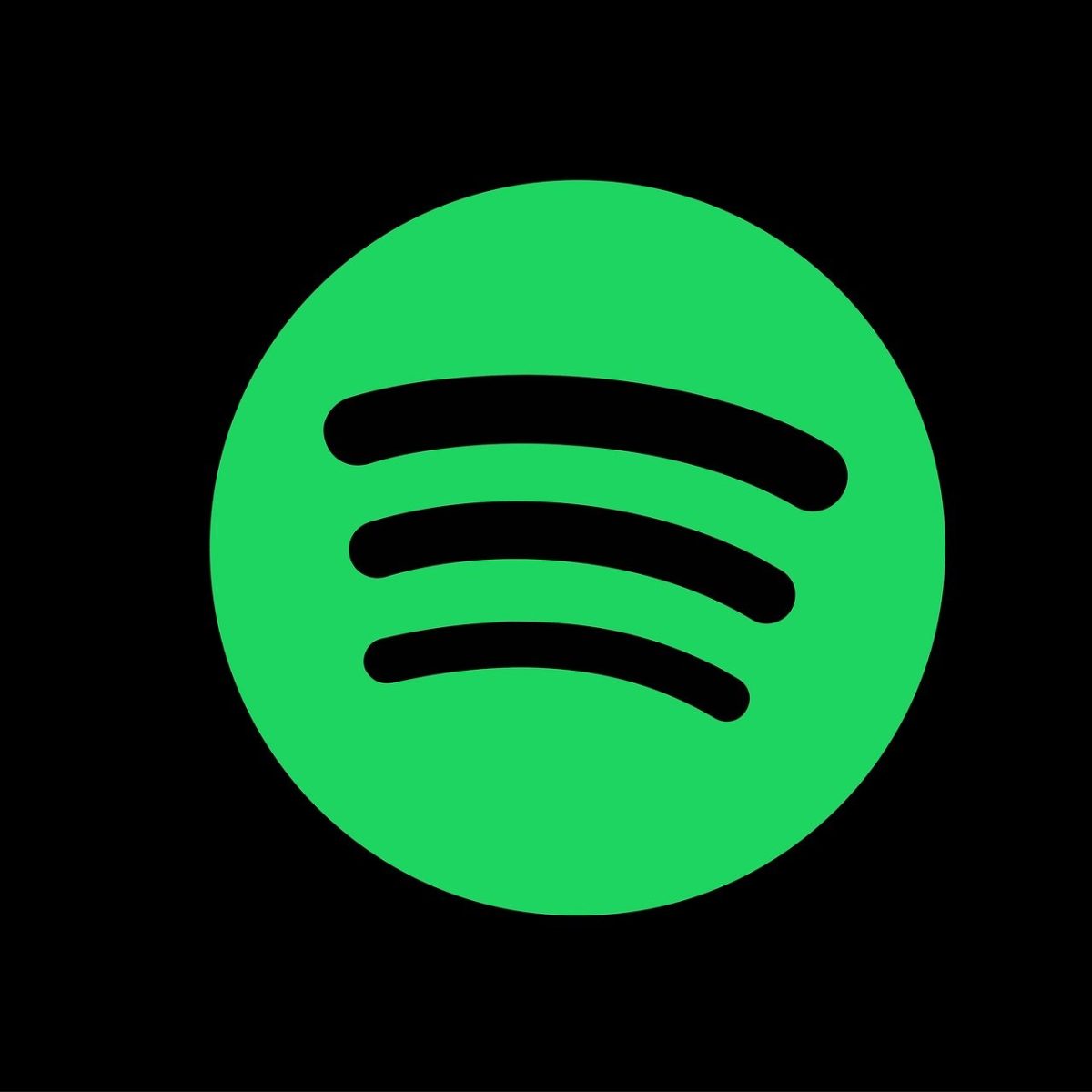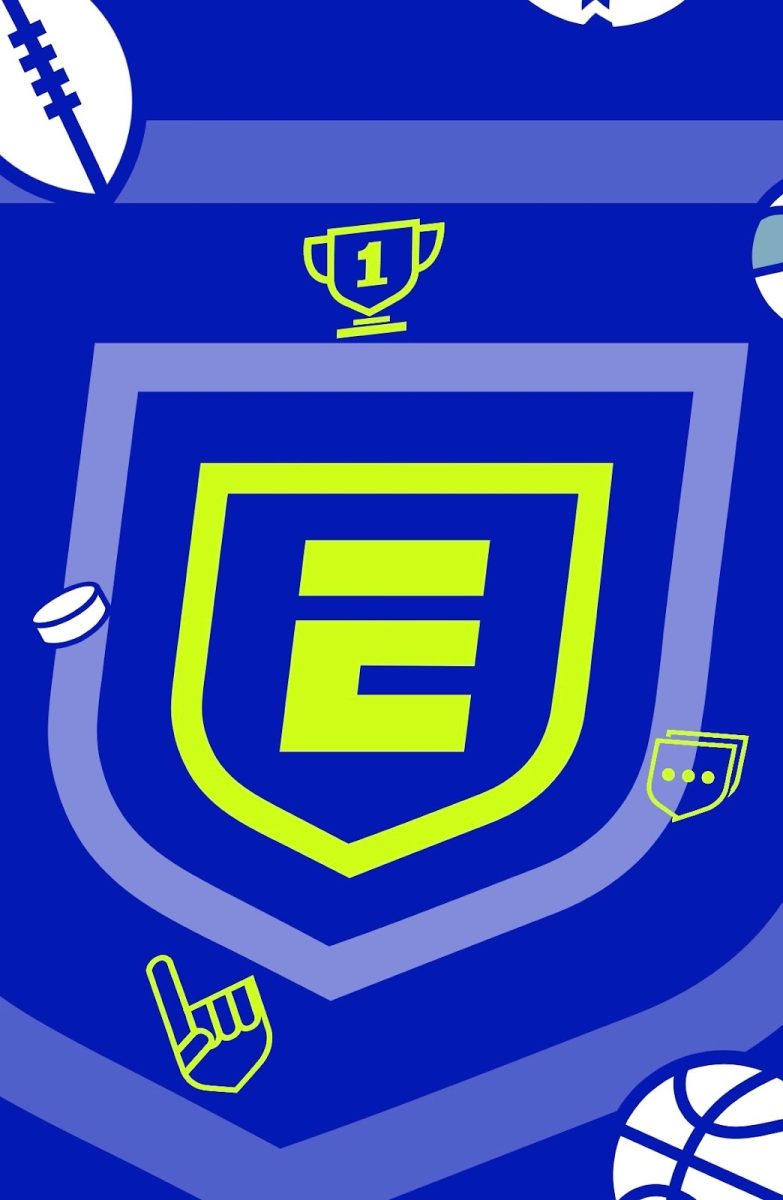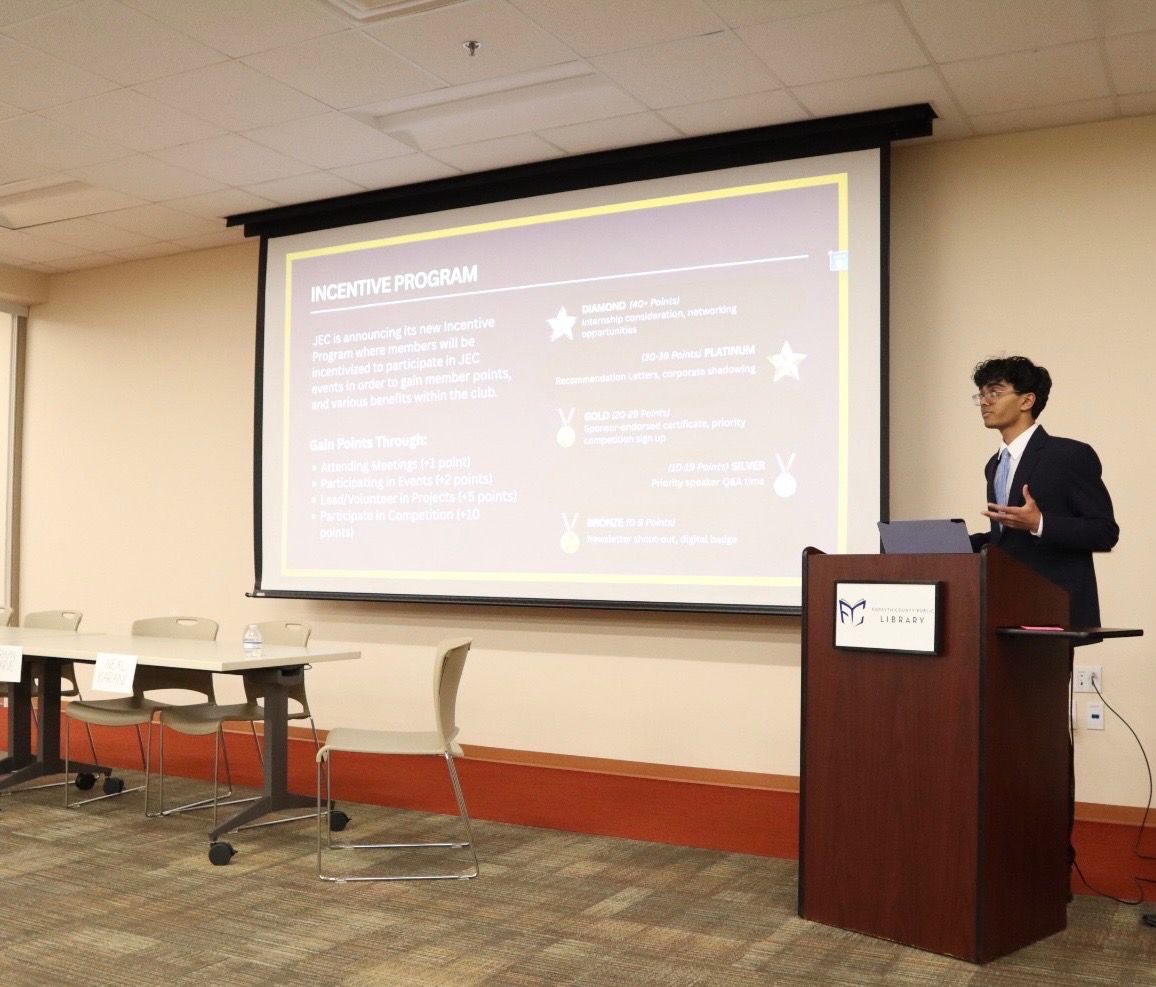TikTok is a social media platform that has become ubiquitously regarded among all ages. Formerly known as Musical.ly, the app has grown significantly through the years, housing creators, businesses and celebrities alike. However, as its popularity has grown so have concerns about user data and privacy.
Following these concerns, Congress, on April 20, 2024, moved to ban the platform and end TikTok’s services in the U.S.. Former President Biden backed the bill while the Supreme Court upheld the decision. Many anticipated that the U.S. would enforce the nationwide suspension. However, to everyone’s surprise, the suspension will now be delayed, with no clear timeline for its enforcement. This unexpected turn of events has only intensified, as users, creators and businesses continue to question the fairness and implications of this new policy.
One of the reasons behind the proposed ban was the growing concern over national security risks and the potential misuse of user data by TikTok.
“I think there are a lot of social media apps or companies other than TikTok to be concerned about,” Lambert senior Kory Mai said. “Companies like Facebook steal your information all the time and sell it to third parties.”
While TikTok faces a ban due to its ties to China and alleged risks to national security, other platforms like Facebook, which have been embroiled in controversies over user privacy and misinformation, continue to operate without similar restrictions. This raises the question of whether the ban is a matter of genuine security concerns, or if it is a politically charged move targeting a specific company.
“TikTok has its fair share of negatives, but it also has some redeeming qualities,” Lambert senior Ian Durham said. “It’s not just random useless content; you can find a lot of useful information as well.”
While critics often focus on viral dance trends or perceived frivolity, the platform has also become a hub for educational resources, niche communities and awareness campaigns. For instance, creators have shared tips on science, mental health and even personal finance, offering free and accessible knowledge to users. This duality – the blend of educational material and entertainment – is what makes TikTok unique and difficult to replace.
In addition to its diverse content, TikTok has become an essential tool for small creators and businesses.
“In the grand scheme of things, it hurts a lot of people, especially those who had grown their careers on there,” Lambert senior Swathi Kotrakona said. “So many small businesses and content creators use it as their main income.”
From artists selling their work to local businesses promoting services, the platform has allowed many to reach otherwise inaccessible audiences. A ban would not only disrupt these digital ecosystems but also force creators to rebuild their followings on less effective platforms.
So how was TikTok saved?
President Trump announced plans to sign an executive order delaying the ban 75 days to allow Bydance to find a U.S. buyer. Following this assurance, TikTok began restoring its services in the United States, which had been previously suspended. The company expressed gratitude for the support from the incoming administration, ensuring the platform’s continued availability to over 170 American users and supporting seven million small businesses. Despite the restoration, however, many now question the legality of Trump’s actions as they appear to undermine established legislation and judicial rulings as well as former President Biden’s approval for the bill.
With TikTok’s future still somewhat uncertain, users and creators are exploring alternatives such as Instagram and new platforms like Red Note. However, replicating TikTok’s unique algorithm and community-focused design will be challenging.
The debate over TikTok is about more than just one app; it raises questions about data privacy, digital sovereignty and free speech. Should the U.S. government have the authority to dictate which apps Americans can use, especially when the reasons for the ban are disputed? And will banning TikTok set a precedent for other platforms with foreign ties?
With Trump’s support delaying the ban, the clock is still ticking. For Americans who use TikTok, the app’s fate hangs in the balance, leaving users unsure whether they’ll need to adapt to life without the platform or see it endure amid ongoing political and legal battles.















